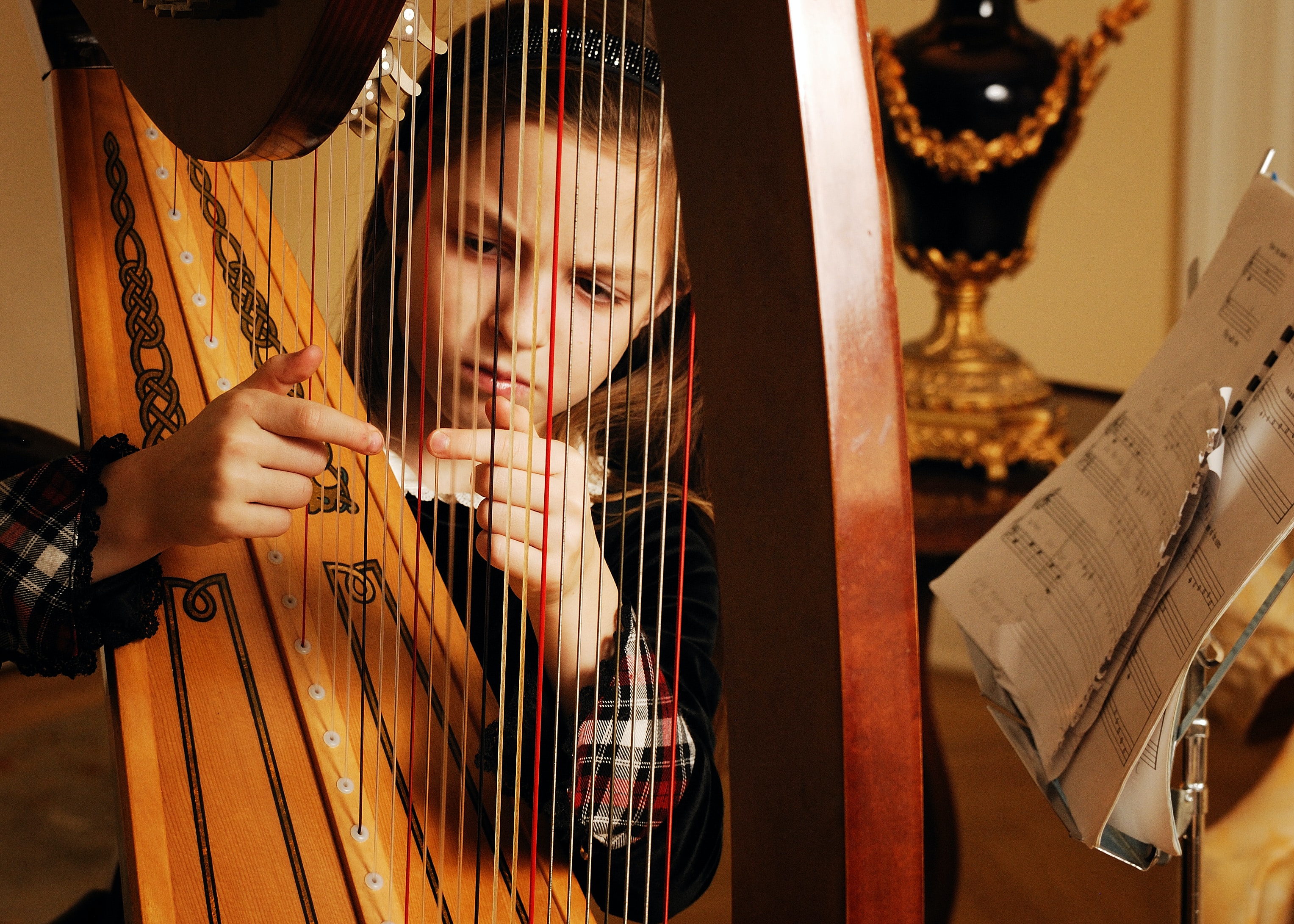The melodic benefits of kids learning to play music
As a parent, you want your child to have the best education possible. Apart from academic subjects, there are extracurricular activities that can help your child grow into a well-rounded individual. One such activity is music education. Learning music has a multitude of benefits, from enhancing cognitive abilities to improving social skills. In this article, we will explore the importance of music education for children and how to choose the perfect instrument for your child.
The Importance of Music Education for Children
Music education is not just about learning to play an instrument or singing in a choir. It offers a range of benefits that can positively impact a child's development. Here are some of the advantages of music education for children:
- Enhances Cognitive Abilities
Studies have shown that music education can improve a child's cognitive abilities. Learning music requires a high level of concentration, memory, and attention to detail. These skills can also translate into better performance in academic subjects such as math and science.
- Boosts Emotional Development
Music is a form of expression that can help children express themselves in ways they may not be able to through words. It can also boost their emotional development by helping them understand and manage their feelings.
- Improves Social Skills
Music education often involves group activities such as playing in an ensemble or singing in a choir. These activities can help children develop teamwork, communication, and leadership skills.
- Fosters Creativity
Learning music can spark creativity and imagination in children. It can also provide an outlet for self-expression and allow children to explore their artistic side.
- Enhances Motor Skills
Playing an instrument requires hand-eye coordination, fine motor skills, and dexterity. These skills can also translate into other areas of a child's life, such as sports and other physical activities.
Choosing the Perfect Instrument for Your Child
Now that you understand the benefits of music education, it's time to choose the perfect instrument for your child. Here are some factors to consider when choosing an instrument:
- Age and Physical Ability
Consider your child's age and physical ability when choosing an instrument. Younger children may not have the physical strength to play certain instruments, while older children may be able to handle larger or more complex instruments.
- Personal Interests
It's essential to choose an instrument that your child is interested in learning. If your child has a particular interest in a specific instrument, they may be more motivated to practice and excel.
- Budget
Consider your budget when choosing an instrument. Some instruments can be expensive, while others are more affordable. However, keep in mind that quality instruments can make a significant difference in your child's learning experience.
- Size
The size of the instrument is also an important factor to consider. Ensure that the instrument is appropriately sized for your child's body to avoid discomfort or injury.
- Availability of Lessons
Consider the availability of lessons in your area when choosing an instrument. Some instruments may have more instructors or music schools offering lessons than others.
Here are some popular instruments that children can learn
- Piano/Keyboard
The piano/keyboard is a popular instrument for children to learn. It's easy to start playing, and children can learn basic music theory through playing the keyboard.
- Guitar
The guitar is another popular instrument for children to learn. It's versatile and can be used in a variety of
genres, from rock to classical, making it a great instrument for children to explore different styles of music.
- Violin
The violin is a classical instrument that can be challenging to learn but can be rewarding for children who are interested in classical music.
- Drums
Drums are a great instrument for children who enjoy rhythm and percussion. Playing the drums can also help children develop their coordination and timing skills.
- Flute
The flute is a beautiful and delicate instrument that can help children develop their breath control and lung capacity. It's also a versatile instrument that can be used in many genres of music.
Music education offers numerous benefits for children, from enhancing cognitive abilities to improving social skills. By choosing the perfect instrument for your child, you can give them an opportunity to explore their creativity and develop a lifelong love for music. Consider your child's age, physical ability, personal interests, budget, size, and availability of lessons when choosing an instrument. With the right instrument and proper guidance, your child can experience the joy of music and all the benefits it offers.










